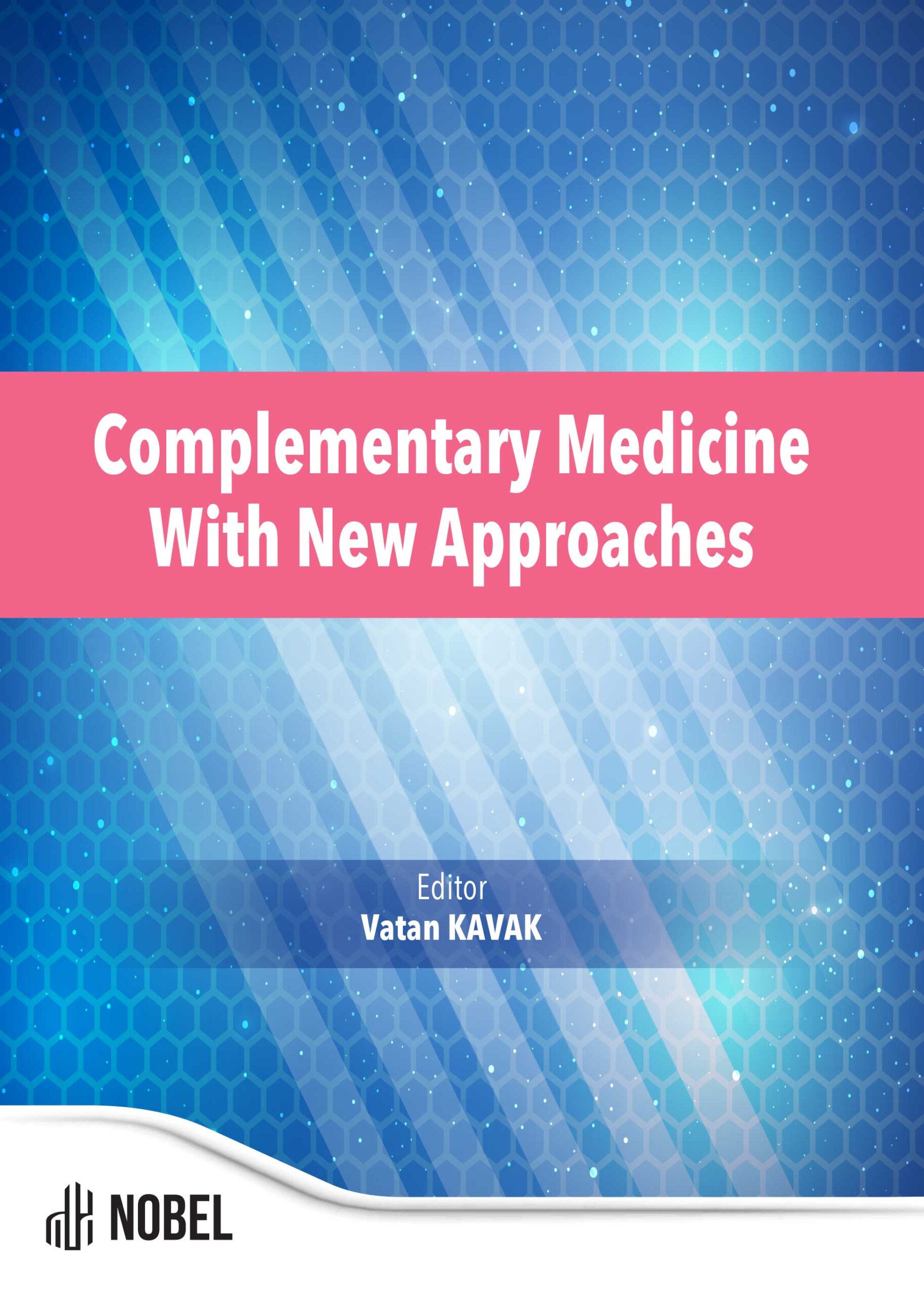Herbal Medicine Used During Pregnancy
Gul Ebru Aydeniz Acar (Author)
Release Date: 2024-06-17
The World Health Organization (WHO) defines herbal medicines as materials and preparations derived from plants and states that they must have therapeutic activity. Over the last two decades, the use of herbal medicine during pregnancy has increased significantly, especially among women. However, the safety of herbal medicines varies depending on the pregnancy period and caution [...]
Media Type
Buy from
Price may vary by retailers
| Work Type | Book Chapter |
|---|---|
| Published in | Complementary Medicine with New Approaches |
| First Page | 185 |
| Last Page | 195 |
| DOI | https://doi.org/10.69860/nobel.9786053359418.14 |
| Page Count | 11 |
| Copyright Holder | Nobel Tıp Kitabevleri |
| License | https://nobelpub.com/publish-with-us/copyright-and-licensing |
Gul Ebru Aydeniz Acar (Author)
Research Assistant, Dicle University
https://orcid.org/0009-0003-1323-640X
3Research Assistant Dr Gül Ebru Aydeniz Acar completed her undergraduate education at Atatürk University Faculty of Medicine between 2011-2017. She has been continuing his specialty training at Dicle University Faculty of Medicine, Department of Histology and Embryology since 2022. M.D. Mesut Acar completed his undergraduate education at Dicle University Faculty of Medicine between 2011-2017. He continues to work as a Family Physician in Diyarbakır.
Prof. Dr. Ayfer Aktaş works as a professor at Dicle University Faculty of Medicine, Department of Histology and Embryology. He was born in Diyarbakır. He completed his undergraduate education at Fırat University Faculty of Veterinary Medicine in 1991. In 1995, he started working as a specialist in the Histology-Embryology branch of Dicle University Faculty of Medicine. He completed his doctorate in the Department of Histology and Embryology in 2002. He received the title of assistant professor in the same department in 2004, associate professor in 2012 and professor in 2019. He has been working as a professor at Dicle University Faculty of Medicine, Department of Histology and Embryology since 2019. He is a member of the Turkish Histology and Embryology Association.
World Health Organization. Programme on Traditional Medicine. General Guidelines for Methodologies on Research and Evaluation of Traditional Medicine. Geneva: World Health Organization; 2000. WHO/EDM/TRM/2000.1. Available from: https://apps.who.int/medicinedocs/pdf/whozip42e/whozip42e.pdf.
Ginger. In: Mother To Baby | Fact Sheets. Brentwood (TN): Organization of Teratology Information Specialists (OTIS); January 2023.
Joulaeerad N, Ozgoli G, Hajimehdipoor H, Ghasemi E, Salehimoghaddam F. Effect of Aromatherapy with Peppermint Oil on the Severity of Nausea and Vomiting in Pregnancy: A Single-blind, Randomized, Placebo-controlled trial. J Reprod Infertil. 2018;19(1):32-38.
Ahmed EMS, Soliman SM, Mahmoud HM. Effect of peppermint as one of carminatives on relieving gastroesophageal reflux disease (GERD) during pregnancy. J Am Sci. 2012;8(4):12.
Chamomile. In: Drugs and Lactation Database (LactMed®). Bethesda (MD): National Institute of Child Health and Human Development; February 15, 2021.
Trabace L, Tucci P, Ciuffreda L, Matteo M, Fortunato F, Campolongo P, et al. "Natural" relief of pregnancy-related symptoms and neonatal outcomes: above all do no harm. J Ethnopharmacol. 2015;174:396-402.
Cumin. In: Drugs and Lactation Database (LactMed®). Bethesda (MD): National Institute of Child Health and Human Development; May 15, 2024.
| onix_3.0::thoth | Thoth ONIX 3.0 |
|---|---|
| onix_3.0::project_muse | Project MUSE ONIX 3.0 |
| onix_3.0::oapen | OAPEN ONIX 3.0 |
| onix_3.0::jstor | JSTOR ONIX 3.0 |
| onix_3.0::google_books | Google Books ONIX 3.0 |
| onix_3.0::overdrive | OverDrive ONIX 3.0 |
| onix_2.1::ebsco_host | EBSCO Host ONIX 2.1 |
| csv::thoth | Thoth CSV |
| json::thoth | Thoth JSON |
| kbart::oclc | OCLC KBART |
| bibtex::thoth | Thoth BibTeX |
| doideposit::crossref | CrossRef DOI deposit |
| onix_2.1::proquest_ebrary | ProQuest Ebrary ONIX 2.1 |
| marc21record::thoth | Thoth MARC 21 Record |
| marc21markup::thoth | Thoth MARC 21 Markup |
| marc21xml::thoth | Thoth MARC 21 XML |

